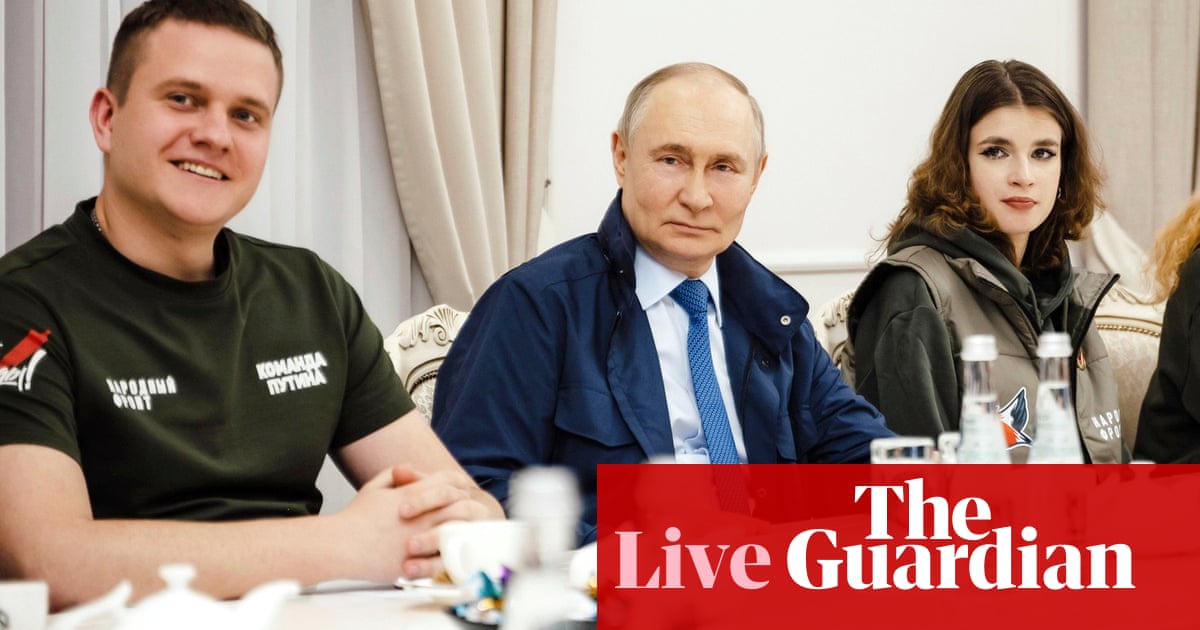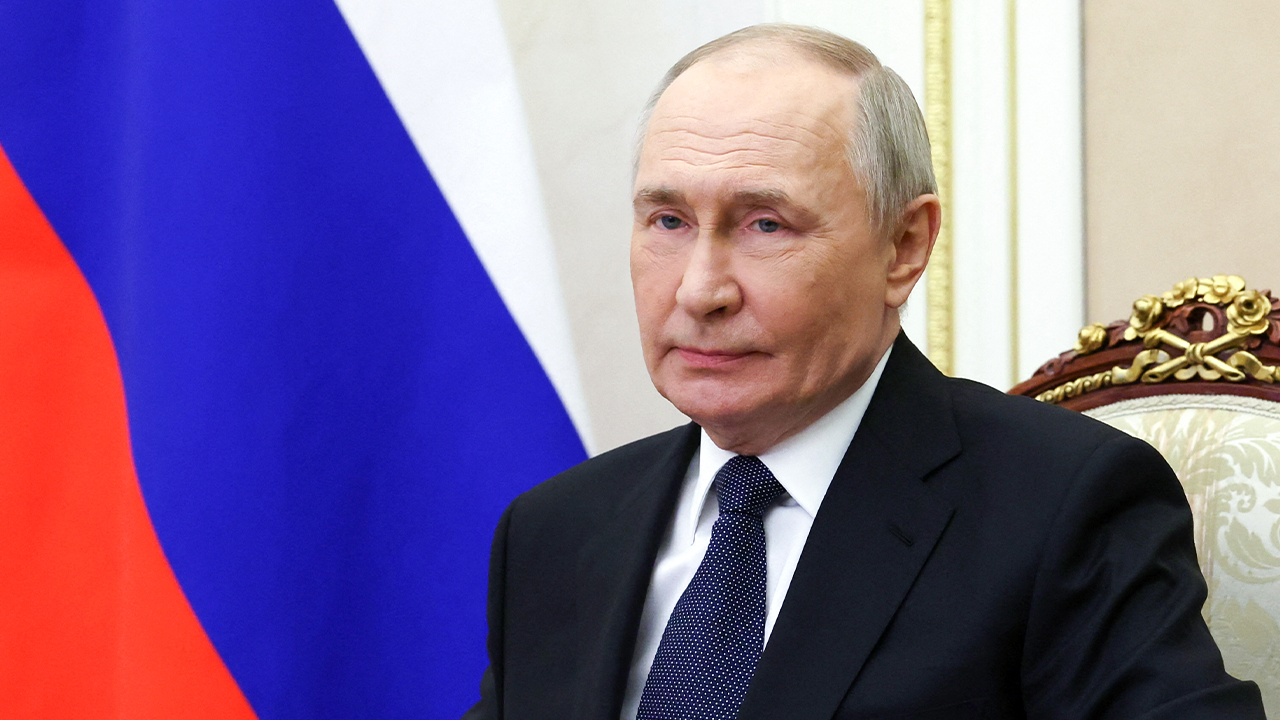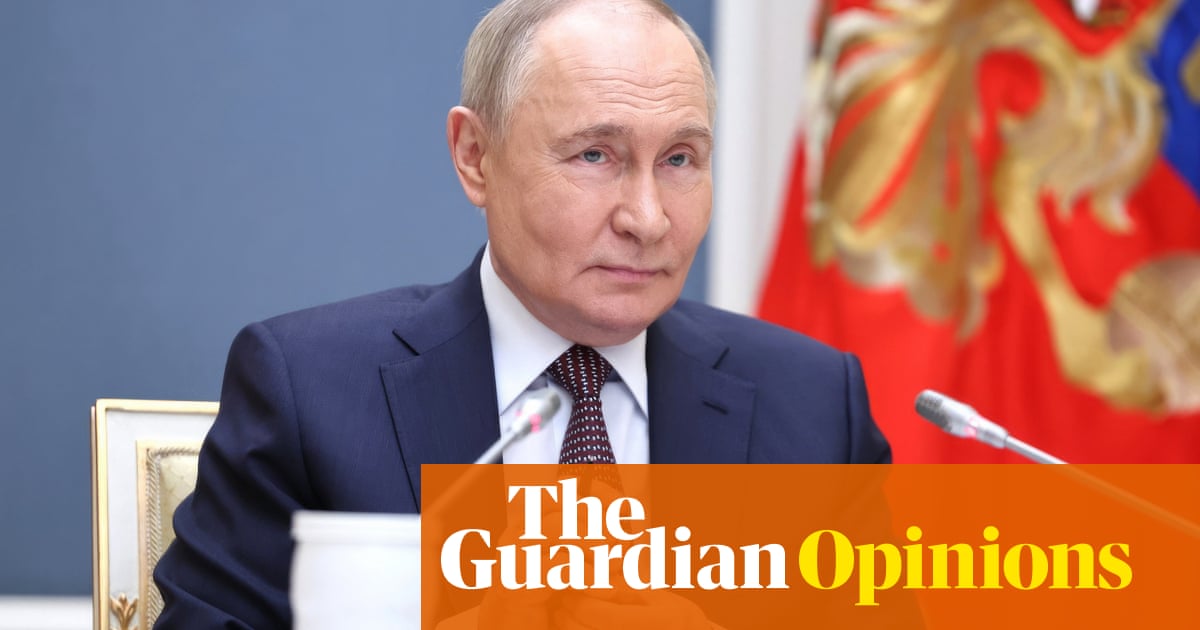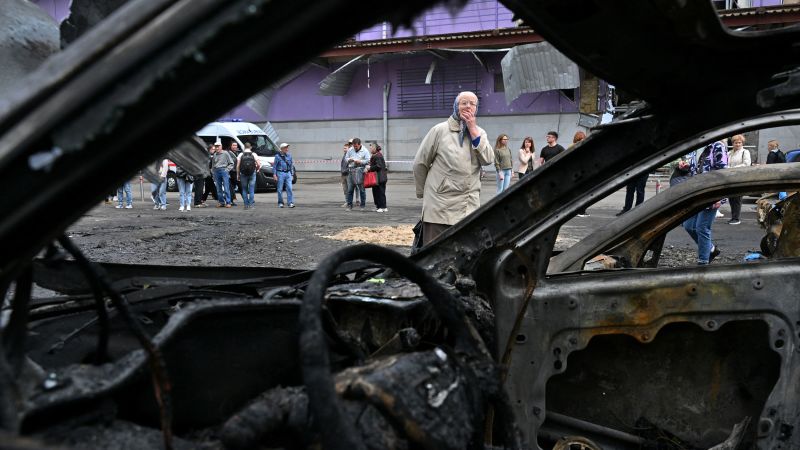Putin Visits Kursk Amid Ongoing Ceasefire Talks with Ukraine
Putin's Kursk visit coincides with scepticism over ceasefire talks with Ukraine following Trump's discussions with him.
Subscribe to unlock this story
We really don't like cutting you off, but you've reached your monthly limit. At just $5/month, subscriptions are how we keep this project going. Start your free 7-day trial today!
Get StartedHave an account? Sign in
Overview
President Trump announced immediate ceasefire talks after a call with Putin, but skepticism remains as Moscow offers no timeline. Putin's first visit to Kursk post-recapturing it from Ukraine showcases strength despite pressures for a ceasefire. Zelenskyy insists on sanctions against Russia unless a ceasefire is established. Republican lawmakers doubt Putin's commitment to peace, while the EU announces new sanctions amid ongoing drone attacks exchanged between Ukraine and Russia. Recent talks in Turkey failed to secure an agreement, stressing the importance of genuine negotiations going forward, highlighting Ukraine's continued military operations in the region.
Report issue

Read both sides in 5 minutes each day
Analysis
Analysis unavailable for this viewpoint.
Articles (10)
Center (0)
No articles found in the Center category
FAQ
Putin visited the Kursk region for the first time since Russian forces expelled Ukrainian troops from the area, to showcase strength and meet with volunteers and officials. The visit highlights Russian control over the region after repelling the largest Ukrainian incursion into Russian territory since World War II.
Despite President Trump's announcement of immediate ceasefire talks after his call with Putin, skepticism remains as Moscow has offered no clear timeline for a ceasefire. Recent talks in Turkey failed to secure an agreement, and ongoing military operations continue alongside drone attacks exchanged between both sides.
Ukrainian President Zelenskyy insists on maintaining sanctions against Russia unless a ceasefire is established, emphasizing the need for pressure through sanctions to achieve peace.
The European Union has announced new sanctions against Russia, while Republican lawmakers in the US express doubts about Putin's commitment to peace. The US also pushed for ceasefire talks, though the effectiveness remains uncertain.
Russian forces have shot down more than 159 Ukrainian drones over Russian territory, including over western regions and Moscow, while a recent Russian missile attack in Ukraine's Sumy region killed six soldiers and injured others during training. Ukraine continues military operations despite the ongoing talks.
History
- 5M
 2 articles
2 articles
- 5M

 3 articles
3 articles






